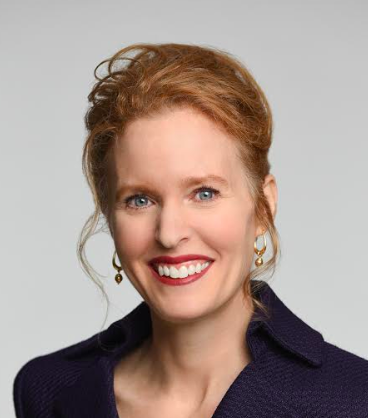At a private event Wednesday in Paris, Peter Bakker, president of the World Business Council for Sustainable Development, noted two significant differences between the 21st Conference of the Parties that ended Friday and previous COPs. One, the role of non-state actors – the private sector and others not under state direction – and, two, the emphasis placed on finance.
These are heartening changes for an incredibly bureaucratic process that to many celebrates its coming-of-age 21st birthday with so little past progress. I would add another difference to Bakker’s list: These climate talks differed substantially from the prior ones because they gave audience to resilience. Not only was the first resilience day held as an official part of the two-week conference, but the final agreement released Friday includes the word adaptation more frequently than the word mitigation.
The mood for adaptation has changed, too. Perhaps this reflects that even the well-off countries are experiencing climate change. Notre Dame Global Adaptation Index scientists calculate that those living in upper-income countries have a 10 percent chance of experiencing a climate-related event in 2016. That contrasts to a 1-in-5 chance in lower-income countries, which are a century behind the level of resilience (aka adaptive capacity) of upper-income countries.
As many of us dig deeper into our sustainability work, we are aware of this inequity, and we feel the moral responsibility – the ethical drive – to address the humanitarian challenge of our time. This determination, while acknowledging the incontrovertible role of aggressive greenhouse gas mitigation, also naturally draws us to the new era of climate change: adaptation.
It is a humbling era that requires significant responsibility from us and our brethren around the world. Still, the two themes that the WBCSD’s Bakker elucidated – enhanced engagement from corporations and cities, and forthright inclusion of climate action finance – suggest we are in a good place from which to act for the betterment of humanity.
Image credit: Mary Mazzoni
Joyce Coffee is managing director of the Notre Dame Global Adaptation Index(ND-GAIN), whose mission is to increase the world’s awareness about the need to adapt, informing public and private investments in vulnerable countries.

Joyce Coffee, LEED AP, is founder and President of Climate Resilience Consulting. She is an accomplished organizational strategist and visionary leader with over 25 years of domestic and international experience in the corporate, government and non-profit sectors implementing resilience and sustainability strategies, management systems, performance measurement, partnerships, benchmarking and reporting.














